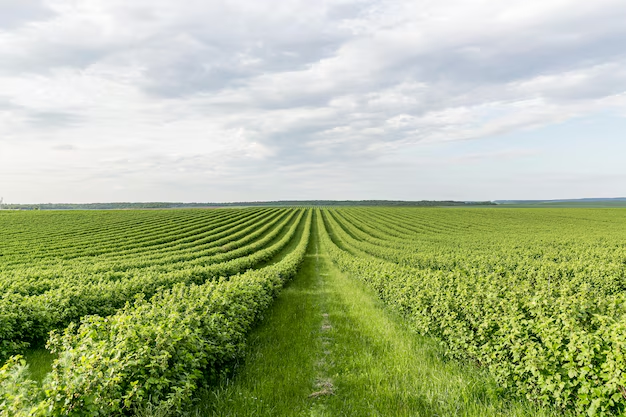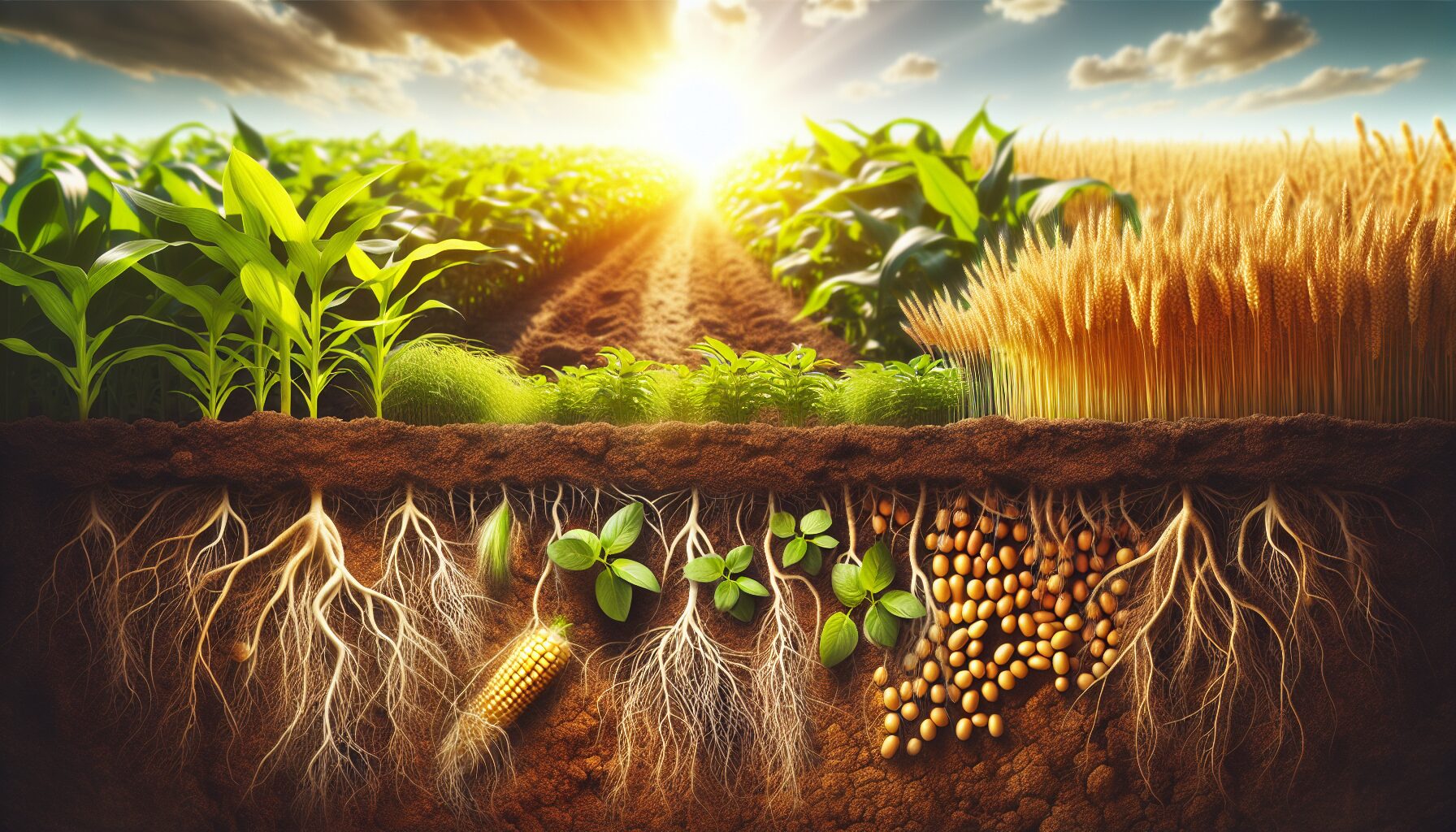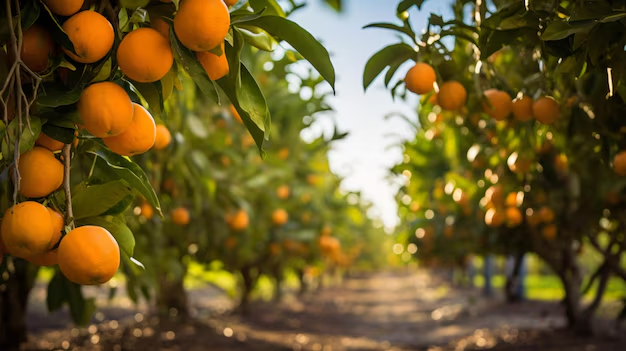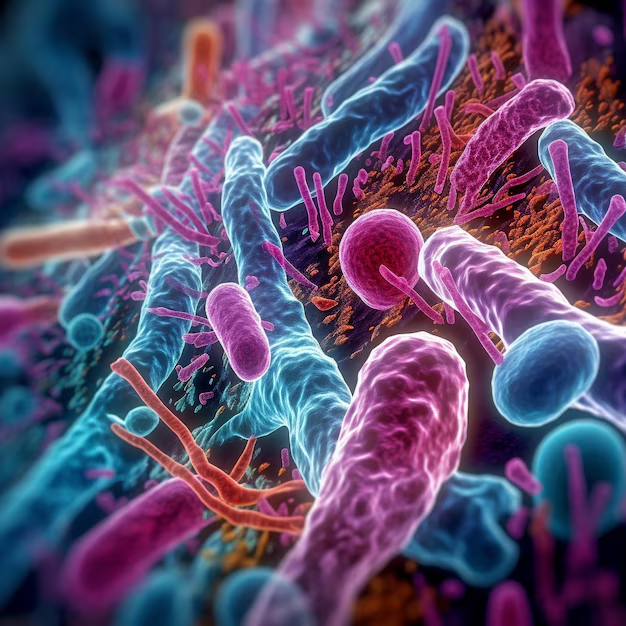
10 Benefits Of Organic Food
With the huge surge in interest in organic food, here we cover 10 benefits of eating organic food. People are becoming more and more interested in organic foods, mainly because of the studied health benefits of eating more fresh and organic produce. However, there are a range of good reasons why you may want to consider organic produce over your usual groceries.
Officially, organic foods are crops and livestock grown to avoid synthetic chemicals, hormones, antibiotic agents, genetic engineering and irradiation.
When it comes to organic food most people complain about the prices, however if you cut back on produce that might not be so good for your health in your weekly shop you can start to make gains back in terms of total grocery costs.
Previously we covered the possible health benefits of an organic lifestyle, you can read that article here. In this article, we will specifically cover the possible health benefits of organic foods.
Top 10 Benefits of Choosing Organic Food
While there are so many benefits to selecting organic food and produce, we have chosen to select the top 10 here. Let’s go through each of the benefits to help in understanding why you should select organic food and produce next time you go shopping for groceries.
Less Pesticides
Organic food is produced to a certain industrial standard that usually requires the use of organic pesticides over industrial and mass-produced pesticides. There is also typically less pesticides used in the production of organic foods over mass produced fruits and vegetables.
While pesticides have their uses in maintaining optimum crop production, they are heavily overused and have health consequences that are not really discussed. It is important to remember that all lifeforms, especially animal forms, are related genetically in some way or another.
Some health consequences of pesticide residue ingestion in our food include the development of cancers, skin irritations, dizziness and nausea. Pesticide residues can also disrupt key hormones in the body. Children are also more susceptible to health consequences that adults. Pesticide exposure can also lead to birth defects and reduced birth weight too.
Pesticides used in organic agriculture must be approved and are of comparatively low toxicological concern. Studies also show they have minimal risk of entering the food chain. Urinary excretion of pesticides was dramatically reduced after organic food consumption.
The fact that organic food production uses a lot less and more natural pesticides is a massive benefit in our opinion in this top 10 list. This gives you something to think about when you are next out shopping for groceries.

Reduced Toxic Herbicide Use
In mass produced agriculture, pesticides are used in conjunction with herbicides on crops to protect the crop. Pesticides target insects, while herbicides target weeds that compete with crops for nutrients and sunlight.
Just as with pesticide use, certain herbicides also can potentially cause harm to the human body. Some negative health effects of herbicidal residues include the development of cancers and adverse effects to the nervous system.
Organically grown produce takes an alternative approach to herbicide use, just as with pesticide use. Selecting organic food could therefore protect you from some of these health consequences.

Less Local Water Supply Contamination
If you are buying organic produce, you are actively selecting for products with a lowered and more ecologically friendly pesticide useage. A lot of the chemicals used in agriculture run off into local water supplies and this is a major source of water contamination.
Potentially harmful levels of pesticides can enter the water table and start to alter the biochemistry of animals in the environment. In addition, people consume water coming from these sources. This includes the bioaccumulation of pesticides in aquatic lifeforms. Some of these like DDT and hexachlorobenzene accumulate in the environment for many years.
While water is often treated in local water treatment stations, some of these residues may not be filtered out or some might enter the tap water supplies. This is one major benefit of organic food in our opinion.
Ecological Diversity
When you go for a walk in the country you expect to see native wildlife. Animals and plant species provide ecosystem services sometimes not immediately apparent, but these contribute to our overall wellbeing. For example, in some regions of the globe the existence of mangroves is predicted to save governments up to 2 billion dollars in the future.
Conventionally grown crops have a much lower biodiversity than organic crop systems. While there are reported gains in yield that sustain these systems, there are other effects to the overall ecology of these agricultural environments. Some of these we have covered already, such as the effects of herbicidal run off into the water table.
Organic food systems also encourage a natural balance of soil bacteria and fertility. This is essential to the long-term viability of the soil for growing food on. One key benefit to buying organic food is that you are supporting native and biodiverse wildlife in agricultural systems.

Reduced Hormone Contamination
Conventionally grown or raised foods are more likely to have hormone contamination than foods that are organically produced.
In many cases with milk produced conventionally there are sometimes elevated levels of hormones that shouldn’t really be there. Organically produced milk does not contain as much or any hormonal contamination. Steroid hormonal contamination of food is linked to the development of certain cancers. Milk in particular is a leading cause of the occurrence of hormonal disorders.
Higher Nutrient Content In Organic Food
Foods grown organically have been shown in some studies to have higher levels of certain nutrients in. These include levels of antioxidants like vitamin C, iron, magnesium and phosphorus.
While this evidence is heavily debated, there seem to be clear differences in antioxidant levels confirmed by different studies. These include plant phytochemical polyphenols too. Holistic and organically produced foods may therefore improve the nutrient content of your food.
This improvement in nutrient content in organic foods seems to extend to organically grown animal products. Organically raised animals seem to express a higher nutritional content than animals grown conventionally. This is quite an interesting conclusion that is constantly being tested but has less resistance than with organic crops.

Improved Cardiovascular Health
Studies have shown that organic food might be able to reduce the risk of certain cardiovascular diseases. Why this is the case is the subject of further investigation.
One particular large-scale study on organic food concluded that people eating organic produce were less likely to develop blood vessel hypertension, type 2 diabetes and cardiovascular disease.
This study suggests that organic food produce could protect the heart and circulatory system. This makes it into our 10 benefits of organic food produce.
Improved Gut Health
The chemicals used in heavily commercialized and industrial farming have consequences on the microbiota in the soils but also to the ones in your gut. The effects of gut microbes on your overall wellbeing and health are quite new to science.
There are beneficial gut microbes that assist with your health throughout the day. Some known health benefits of symbiotic gut microbes include optimised brain health, immune system functioning and healthy weight management. One study has showed that after a weight loss diet, the diversity of gut microbes improved significantly. One of our top potential benefits of eating organic foods is the promotion of a healthy gut environment for gut microbiota.

Fairer Price For Farmers
Often within the agricultural industry, farmers just getting by rather than making a net gain from their work. While organic food is pricier than standard mass-produced agriculture, the prices are that way for a reason.
As with all industries, the agricultural industry can be a very unpredictable place for profitability and business relationships. Organic foods produced by farmers are more likely to sustain their operations and you can rest assured that their work efforts are being covered correctly and sustainably too. For this reason, supporting fair prices for one of the toughest and most important jobs out there rank as one of our 10 top benefits of organic food.
Supporting The Wellbeing Of Farmers
The strong chemicals used in the production of crops also negatively impacts farmers and agricultural workers. They are being exposed to high levels of these chemicals on a daily basis and there is a lot of research showing the impact of chemical pesticides and herbicides on the farmers themselves. There has recently been a massive problem in Mexico with industrial glyphosate use which led to the total ban of glyphosate herbicide use.
Their problem with this herbicide was so bad that excesses were discovered to be leaking into the water table and even into bottled water in industrialised agricultural regions of Mexico.
There are a number of studies directly linking chemical exposure in agricultural work to the development of cancers. Buying organic food and produce therefore supports the long-term sustainability and knowledge of the food chain, protecting the welfare of the farmers themselves.
Conclusions
The surge in interest in organic foods and produce is largely driven by the potential health benefits. Here we covered 10 benefits of organic foods and produce.
Many of these potential health benefits of organic foods centre around the reduced use of industrial pesticides and herbicides. Organic farming methods tend to use organic approved compounds as well, that have less or no controversial health effects to both animals and humans.
More conventional farming methods have experienced undeniable issues that have led to bans in use in certain herbicides used in some countries.
There are also potential improvements to the long-term sustainability of agriculture and farming with organically produced foods vs more conventionally grown crops. Ecologically, organic produce shows demonstrated benefits against conventional crops, this includes the protection of the water table. Organic systems seem to protect the welfare of farmers too.
While some people may deny these effects, you just have to look at the case study in Mexico to understand how bad certain situations can get to.
Organic foods seem to have higher nutrient levels than conventional crops, which extends to organically grown animals too.
For more interesting articles, navigate to the main article page below.





